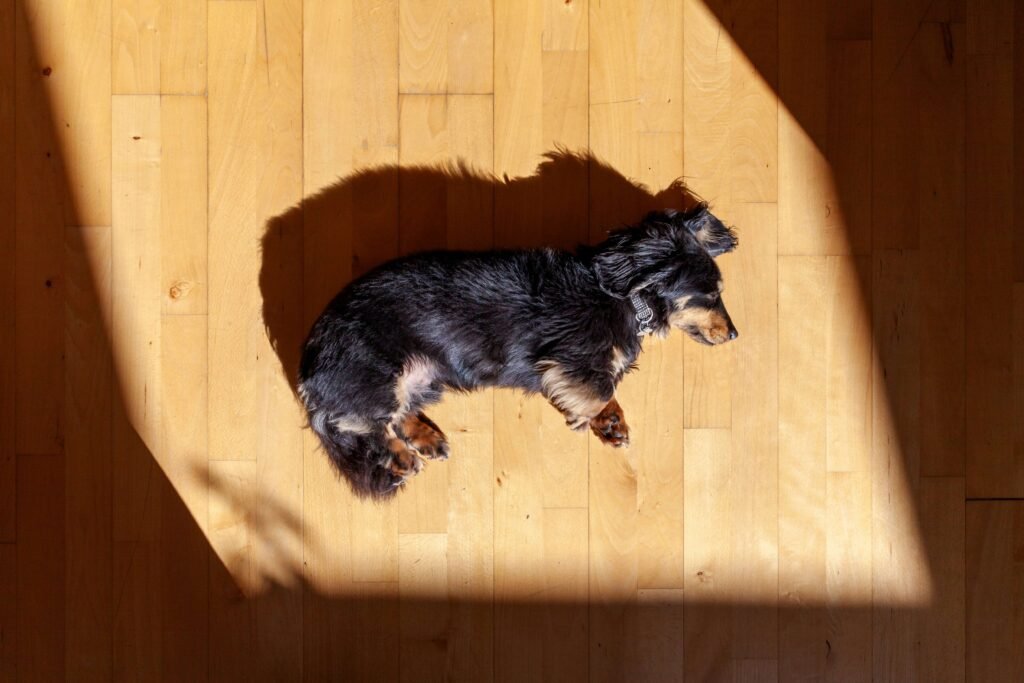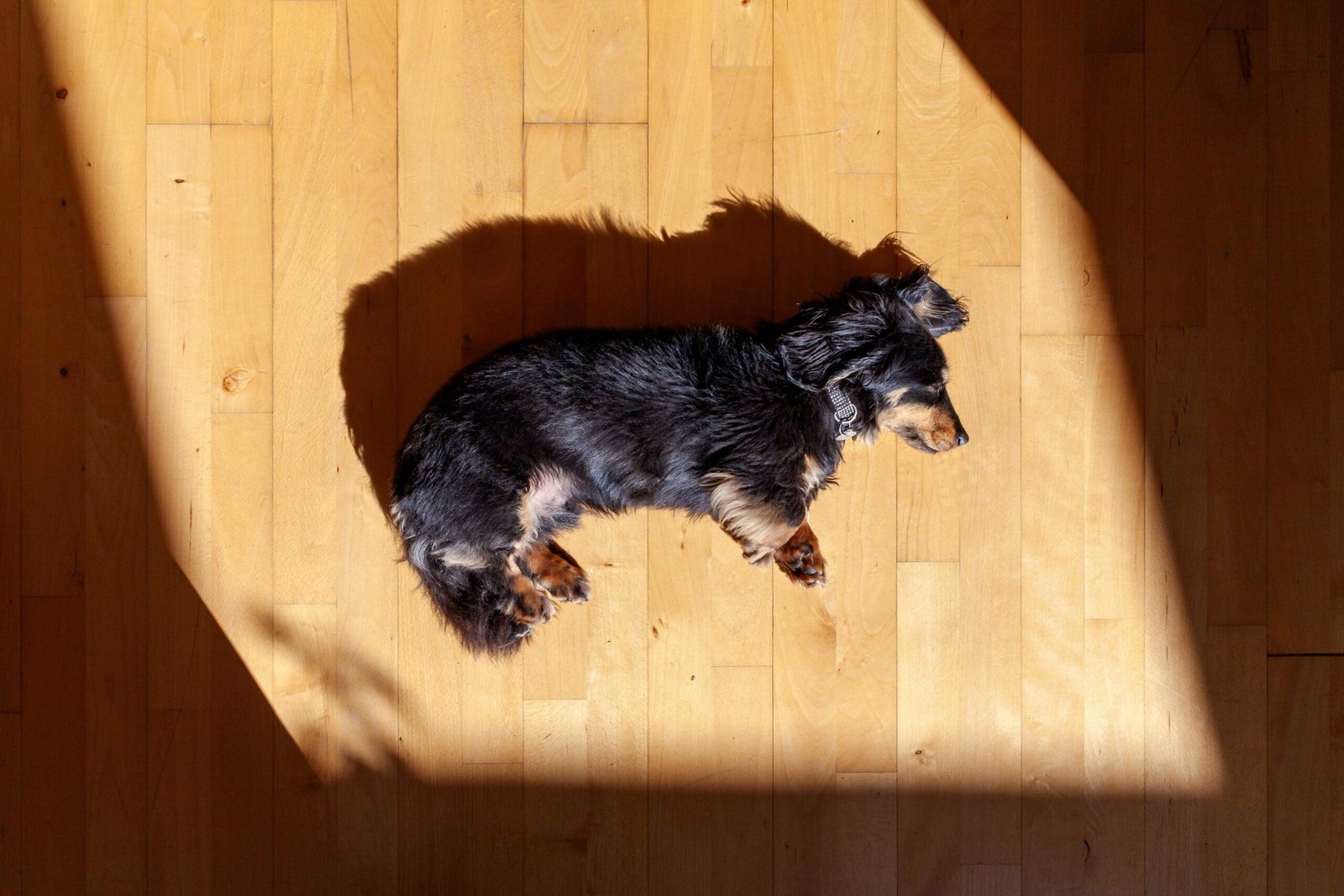The Charm of Non-Sporting Dog Breeds: A Guide to Unique Companions
When it comes to choosing a furry friend, many people focus on popular sporting or working dog breeds. However, nestled within the diverse world of canines lies a group that often goes underappreciated: the non-sporting dog breeds. These dogs are as versatile as they are charming, offering companionship, loyalty, and unique personalities that make them stand out in any household. Whether you’re an experienced dog owner or considering adopting your first pup, non-sporting breeds have something special to offer. In this guide, we’ll explore what makes these breeds so fascinating and why they might just be the perfect fit for your lifestyle.
What Are Non-Sporting Dog Breeds?
Non-sporting dog breeds are a category recognized by kennel clubs like the American Kennel Club (AKC). Unlike sporting or working dogs, which were bred for specific tasks such as hunting or herding, non-sporting breeds don’t fall into a single functional category. Instead, they encompass a wide variety of sizes, temperaments, and appearances.
Here’s what sets non-sporting breeds apart:
They come in all shapes and sizes, from small lapdogs to medium-sized family companions.
Their temperaments vary widely, ranging from playful and energetic to calm and dignified.
Many non-sporting breeds are known for their adaptability, thriving in both urban apartments and suburban homes.
These dogs often excel as therapy animals due to their affectionate and intuitive nature.
Despite their diversity, they share one common trait: their primary role is companionship.
The versatility of non-sporting breeds makes them a favorite among dog lovers who value personality over utility. Each breed brings its own flair, ensuring there’s a perfect match for every type of owner.
Popular Non-Sporting Breeds You Should Know
With so many non-sporting breeds to choose from, it can be overwhelming to decide which one suits your lifestyle best. Here’s a quick overview of some of the most beloved breeds in this category:
Bulldog : Known for their wrinkled face and stocky build, Bulldogs are gentle giants with a laid-back attitude.
Poodle : Available in standard, miniature, and toy sizes, Poodles are intelligent, elegant, and highly trainable.
Shiba Inu : This Japanese breed is famous for its fox-like appearance and independent yet loyal demeanor.
Boston Terrier : Often called the “American Gentleman,” Boston Terriers are friendly, compact, and great for city living.
Dalmatian : With their iconic spotted coat, Dalmatians are energetic, athletic, and full of spirit.
These breeds represent just a fraction of the diversity found within the non-sporting group. Whether you prefer a low-maintenance companion or an active partner, there’s a breed here for everyone.
Check this guide 👉Therapy Dog Breeds: Best 7 Expert Tips!
Check this guide 👉Lazy Dog Breeds: Best 7 Expert Tips!
Check this guide 👉The Charm of Clingy Dog Breeds: Best 7 Expert Tips!

Trait | Examples |
|---|---|
Size Variety | From tiny Bichon Frise to large Dalmatians |
Temperament Range | Calm Bulldogs to lively Poodles |
Grooming Needs | Low-maintenance Boxers to high-maintenance Bichons |
Exercise Requirements | Minimal for Bulldogs, moderate for French Bulldogs |
Family Compatibility | Excellent with kids, seniors, and singles alike |
Why Choose a Non-Sporting Breed?
If you’re still undecided about whether a non-sporting breed is right for you, consider these compelling reasons:
Adaptability : Many non-sporting breeds adjust well to different environments, making them ideal for busy households or frequent travelers.
Companionship : These dogs thrive on human interaction and are happiest when spending time with their families.
Unique Looks : From the curly coat of a Poodle to the sleek elegance of a Dalmatian, non-sporting breeds boast distinctive appearances.
Trainability : While not all breeds are equally easy to train, many non-sporting dogs are eager to please and respond well to positive reinforcement.
Affectionate Nature : Most non-sporting breeds form strong bonds with their owners, providing endless love and loyalty.
Choosing a non-sporting breed means welcoming a dog that prioritizes connection and companionship above all else.
Health Considerations for Non-Sporting Breeds
While non-sporting breeds are generally healthy, certain health issues are more common in specific types. Being aware of these potential concerns can help ensure your dog lives a long, happy life.
Brachycephalic Syndrome : Breeds like Bulldogs and Pugs may struggle with breathing due to their flat faces.
Hip Dysplasia : Larger breeds, including Dalmatians, are prone to joint problems that require careful monitoring.
Allergies : Some non-sporting breeds, such as Bichon Frises, are susceptible to skin allergies and food sensitivities.
Eye Conditions : Shiba Inus and Poodles may develop cataracts or progressive retinal atrophy.
Weight Management : Smaller breeds like French Bulldogs can easily become overweight without proper diet and exercise.
By staying informed and scheduling regular vet check-ups, you can address these issues proactively and keep your furry friend in top shape.
Training Tips for Non-Sporting Breeds
Training a non-sporting dog can be a rewarding experience, but it requires patience and consistency. While their temperaments vary, most of these breeds respond well to positive reinforcement techniques. Here are some tips to help you get started:
Start Early : Begin training as soon as you bring your puppy home to establish good habits early on.
Use Positive Reinforcement : Reward desired behaviors with treats, praise, or toys to encourage repetition.
Keep Sessions Short : Limit training sessions to 10–15 minutes to maintain your dog’s focus and enthusiasm.
Be Consistent : Use the same commands and routines to avoid confusing your dog during the learning process.
Socialize Regularly : Expose your dog to different people, animals, and environments to build confidence and reduce anxiety.
With dedication and the right approach, training your non-sporting breed can strengthen your bond and ensure a well-behaved companion.
Grooming Essentials for Non-Sporting Breeds
Grooming is an essential part of caring for any dog, but non-sporting breeds often have unique coat types that require specific attention. Proper grooming not only keeps your dog looking great but also promotes good health. Here’s what you need to know:
Brush Regularly : Depending on the breed, daily or weekly brushing can prevent matting and reduce shedding.
Bathe as Needed : Over-bathing can dry out your dog’s skin, so aim for baths every 4–6 weeks unless otherwise necessary.
Trim Nails : Keep your dog’s nails short to avoid discomfort and potential injury during walks.
Clean Ears : Check and clean your dog’s ears weekly to prevent infections, especially in breeds with floppy ears.
Dental Care : Brush your dog’s teeth regularly to maintain oral hygiene and prevent dental diseases.
By incorporating these grooming practices into your routine, you’ll ensure your non-sporting breed stays healthy and happy.
Fun Activities to Enjoy with Your Non-Sporting Dog
Non-sporting breeds may not have been bred for specific tasks, but they still love to stay active and engaged. Finding fun activities to do together can strengthen your bond and provide mental stimulation for your furry friend. Consider these ideas:
Play Fetch : Use a ball or frisbee to engage your dog in a game of fetch, perfect for high-energy breeds like Dalmatians.
Agility Training : Set up a small agility course in your backyard to challenge your dog’s physical and mental abilities.
Puzzle Toys : Provide interactive toys that dispense treats to keep your dog entertained and mentally sharp.
Leash Walks : Explore new parks or trails to give your dog a chance to sniff and explore the world around them.
Obedience Classes : Enroll in a class to refine your dog’s skills while socializing with other dogs and owners.
Engaging in these activities will not only keep your dog physically fit but also deepen the connection you share.
Frequently Asked Questions About Non-Sporting Breeds
Are non-sporting breeds good for first-time owners?
Yes, many non-sporting breeds, such as Bulldogs and Boston Terriers, are excellent choices for beginners due to their friendly and adaptable nature.
Do non-sporting breeds require a lot of exercise?
It depends on the breed. While some, like Dalmatians, need plenty of physical activity, others, like Bulldogs, are content with short walks.
Are non-sporting breeds hypoallergenic?
Certain breeds, like Poodles and Bichon Frises, are considered hypoallergenic because they shed minimally. However, no dog is completely allergen-free.
How much grooming do non-sporting breeds need?
Grooming needs vary; Poodles require regular trimming, while Boxers need only occasional brushing.
Can non-sporting breeds live in apartments?
Absolutely! Many non-sporting breeds, such as French Bulldogs and Shih Tzus, adapt well to apartment living.
Conclusion: Embrace the Uniqueness of Non-Sporting Breeds
Non-sporting dog breeds offer a delightful mix of personality, charm, and versatility that makes them exceptional companions. Whether you’re drawn to their striking looks, affectionate nature, or adaptability, there’s a non-sporting breed out there for everyone. By understanding their unique traits and needs, you can find the perfect match to enrich your life and bring joy to your home. So why wait? Open your heart and home to one of these incredible dogs today—you won’t regret it!
Do Cats Have Taste Buds? Best 7 Expert Tips! – Discover how cats experience flavors and why their taste is so unique.
Do Dogs Have Taste Buds? Best 7 Expert Tips! – Discover how dogs experience taste, their preferences, and what it means for their diet and health.
Can Cats Taste Sweet? Best 7 Expert Tips! – Discover why cats can’t taste sweetness, how it affects their diet, and tips to keep them healthy and happy.
Can Dogs Taste Sweet? Best 7 Expert Tips! – Discover how dogs perceive sweetness, which foods are safe, and tips to manage their sweet cravings responsibly.





